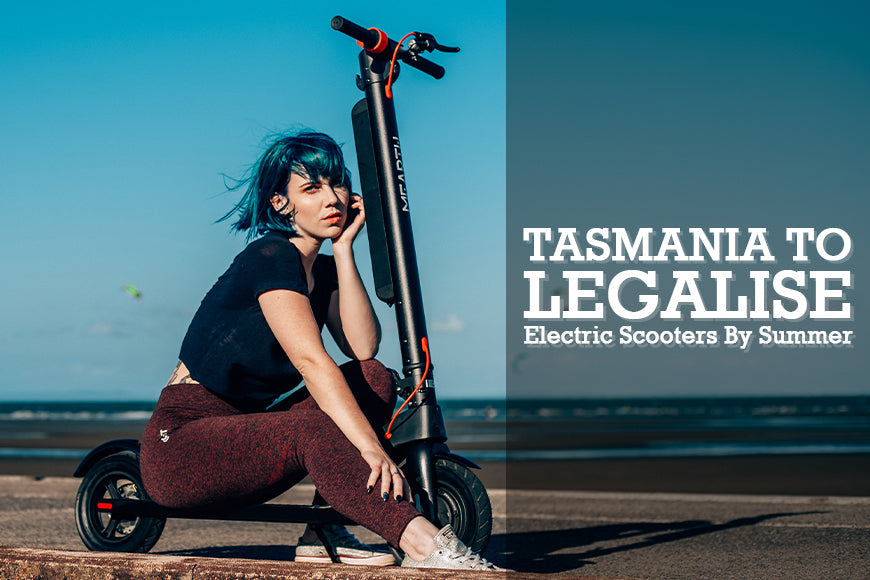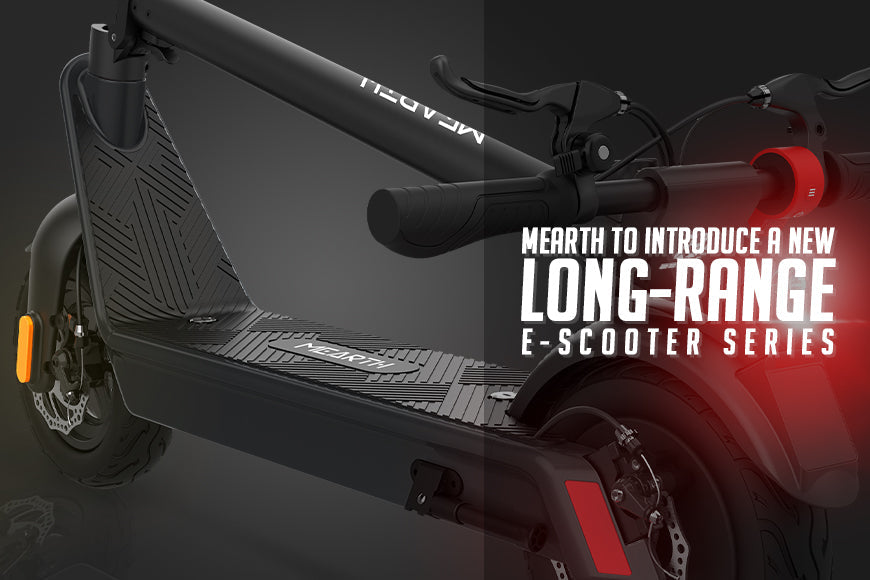
Last July, Tasmania announced that it will be allowing private and shared electric scooters and other micro-mobility devices starting this summer. According to an official post from the Minister for Infrastructure and Transport Michael Ferguson, e-scooters will provide a “cost-effective, low-pollution, congestion-busting transport alternative in Tasmania.”
Currently, electric scooter law in Tasmania only allows e-scooters a maximum power of 200 watts to ride on public roads, footpaths, shared paths, and public spaces. Unfortunately, most commercial e-scooters provide over 200 watts of power, making most e-scooters illegal to ride in public. However, with the new e-scooter law by summer, most e-scooters in the market will be rideable in public in Tasmania.
Once electric scooters in Tasmania are legalised, anyone at least 16 years of age will be able to use an e-scooter as long as they wear a helmet and follow electric scooter road rules. Speed limits will also be imposed and main roads and highways will be off-limits. According to the announcement, a public education campaign on e-scooter safety and legality will also be implemented once e-scooters are legalised.
Electric scooter trial in Hobart and Launceston
To capitalise on the new e-scooter law, the two largest cities of Tasmania, the cities of Launceston and Hobart, have launched a joint Expressions of Interest process to find a shared e-scooter operator for a 12-month e-scooter trial. The trial is expected to operate on an app-based, user-pays basis within defined areas.
Introducing e-scooters and running the e-scooter trial is also in line with the cities’ action plans, such as the Sustainable Hobart and Connected Hobart action plans, and the Greater Launceston Transport Vision and Work Plan and the Draft Launceston Transport Strategy.
Hobart Lord Mayor Anna Reynolds said, “Electric scooters are convenient, compact, environmentally friendly and don’t contribute to the growing congestion on our roads.”
She also said that adding more transport options is the most effective way to decongest roads. E-scooters will also be useful for people who can move around the city and leave their car at home, or for commuters who live near the city.
Meanwhile, Launceston Mayor Albert van Zetten said that e-scooters have proven their success based on the other trials in other Australian cities. “There will be the opportunity to apply exclusion zones for safety and amenity and we’ll be looking for feedback from the broader community,” said van Zetten.
As part of the joint Expressions of Interest process, the two cities have asked e-scooter operators to demonstrate their geofencing capabilities. To prevent people from using e-scooters in shopping malls, public events, or near nightclubs, geofencing technology is vital to limit the speed and location of e-scooters in certain areas.
The cities of Hobart and Launceston are currently working with the state government regarding regulatory barriers, same with what the other interstate capital cities have done. The two cities are working towards implementing the trial by the end of 2021 and selecting a successful e-scooter operator in the coming weeks.
For more information, Launceston has published a FAQs Page about the e-scooter trial.




Leave a comment
This site is protected by hCaptcha and the hCaptcha Privacy Policy and Terms of Service apply.